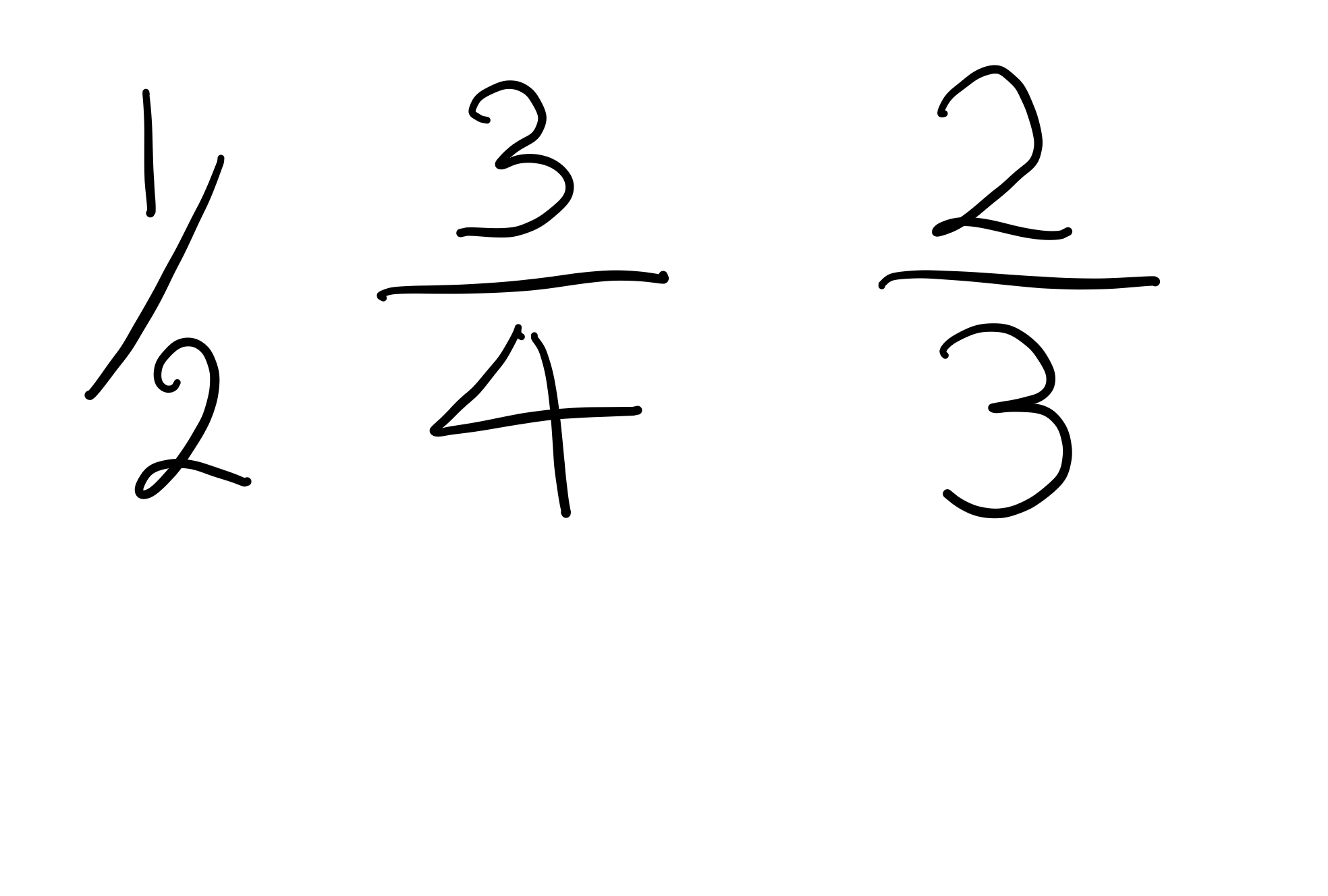Key Stage 2 Mathematics - Understanding Fractions

Objectives:
- To understand the concept of a fraction as a part of a whole.
- To be able to identify the numerator and denominator of a fraction.
- To practice the skills of simplifying fractions, converting mixed numbers to fractions, and comparing and ordering fractions.
Materials:
- Whiteboard and markers
- Fraction strips or manipulatives such as pattern blocks
- Worksheets for independent practice
Introduction (10 minutes):
- Review the previous lesson on place value.
- Introduce the concept of a fraction as a part of a whole.
- Show a fraction on the board and ask the students to identify the numerator and denominator.
Guided Practice (15 minutes):
- Use fraction strips or manipulatives to demonstrate the concept of a fraction.
- Provide several examples of fractions and ask the students to identify the value of each fraction as a part of a whole.
- Have the students practice simplifying fractions.
Independent Practice (20 minutes):
- Distribute the worksheets and have the students complete the tasks independently.
- The worksheets should include tasks such as simplifying fractions, converting mixed numbers to fractions, and comparing and ordering fractions.
- Circulate around the room to provide individual support to students who need it.
Closure (5 minutes):
- Call on a few students to share their answers and provide feedback.
- Summarize the key points of the lesson and emphasize the importance of understanding fractions in mathematics.
Assessment:
- Observe the students during independent practice to gauge their understanding of the concept.
- Correct the worksheets to assess their understanding of the skills practiced.
- Provide individual or group feedback to the students based on their performance.
